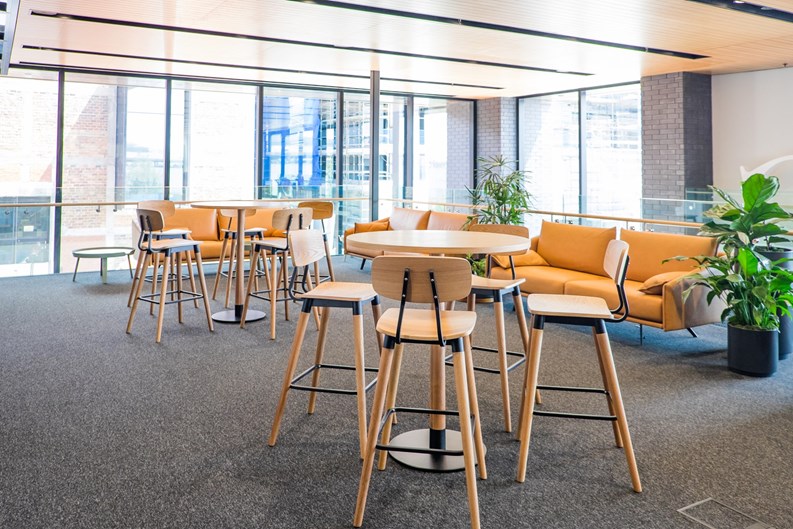The development of property in Malaysia has played a significant part in Malaysia's economic growth and urbanization over the last several decades. In the years that Malaysia is experiencing rapidly growing population growth and rapid urbanization the property development industry has been leading the way in shaping the national landscape, transforming cities and rural areas in the same way. From residential communities to commercial hubs, these developers have played a key role in developing the infrastructure needed to support Malaysia's goals of becoming a modern, prosperous nation. The development of properties is not just a key contributing factor to the nation's GDP, but also a crucial factor in meeting the housing needs of a growing population.

The growth of property developers in Malaysia is closely linked to the country's economic policies and government initiatives that encourage development in the real estate sector. Programs like such as the Malaysia My Second Home (MM2H) initiative, which encourages foreign capital, and a range of residential schemes targeted at first time buyers have boosted demand for new properties. This demand has led developers to launch a wide array of projects catering to various market segments that range from luxurious high-rises within city centres to low-cost housing in suburban areas. In the process, the real estate development industry has become extremely competitive with developers continually innovating to accommodate the evolving needs of Malaysian buyers.
Sustainability has become an important concern for real estate developers in Malaysia, reflecting a global tendency to adopt more sustainable methods of construction. Developers are increasingly adopting green building concepts in their construction projects including using eco-friendly material, adopting energy efficient designs, and reducing waste during construction. This is not just good for the environment, but they also improve the value of the properties as consumers become conscious about their impact on the environment. The trend toward sustainability is also driven by government regulations and incentives that encourage green building certifications and further establishing Malaysia as a leader in sustainable development throughout the region.
As well as the environment, developers in Malaysia have also been focusing on construction of integrated communities that incorporate commercial, residential and recreational spaces. These mixed-use development are created to encourage a sense communality and give residents an easy access to amenities as well as services. With the integration of various functions into the same development, builders have helped to decrease the necessity for lengthy journeys, and encouraging a healthy life style. They typically incorporate amenities such as schools, parks, shopping centers, and public transportation hubs, creating vibrant and self-sufficient communities. The success of such developments illustrates the evolving expectations of urban dwellers, seeking ease of access, mobility, and living conditions that are high quality. To gather further details please head to https://akisama.com.my/

The importance of real estate developers in Malaysia transcends construction. they are also key players in Malaysia's development economics. This industry creates a lot of employment opportunities, ranging from construction employees to engineers and architects, and also stimulates the economy through the development of new infrastructure. Furthermore, many developers are involved in corporate social responsibility programs that contribute to the well-being of the communities they serve. They are involved in the construction of facilities for the public, assisting in educational initiatives, and taking part in charitable initiatives. Through these efforts real estate developers are able to create stronger communities as well as contribute to the overall social fabric of Malaysia.
As we look ahead, the future of the development of properties in Malaysia will be determined by many factors, including technological developments, demographic changes as well as changing consumer trends. As the population continues to rise and expand and become more affluent, there will be a growing the need for innovative housing options focused on issues of cost, sustainability, as well as connectivity. Developers must embrace new technologies, such as smart home systems and digital infrastructures, to fulfill the expectations of tech-savvy consumers. As the global economy grows more connected, Malaysian property developers will have opportunities to expand their reach outside of the country in exporting their know-how and gaining access to new markets. The coming years are expected to be both challenging and exciting for Malaysia's property industry, as it continues to evolve and adapt to the ever-changing landscape.
